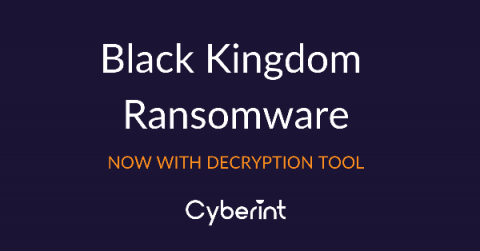Security | Threat Detection | Cyberattacks | DevSecOps | Compliance
Cyberint
Colonial Pipeline Incident
Cyberint
Dell Firmware Update Driver Vulnerability CVE-2021-21551
Why Your Brand Protection Relies on Threat Intelligence?
How Threat Intelligence Could Have Helped Prevent 2020's Cybersecurity Incidents
Critical Pulse Connect Secure SSL VPN Vulnerability Exploited
Malware Campaign Impersonating Large Retailers, Targeting Social Media Influencers
Over the last few weeks, Cyberint has witnessed an ongoing attack campaign targeting social media influencers, attempting to infect them with malware by impersonating large clothing retailers. The campaign targets influencers across multiple social media platforms but currently appears to mostly focus on influencers operating on YouTube. Further, although the infection process is not sophisticated, it is notable and appears to be evolving.
Retailers Beware, Fraudulent Account Creation with Virtual Phone Numbers
In the last couple of decades, the retail industry has seen dramatic changes, both on the business and on the consumer side. Perhaps the most notable one is buyers’ ever-increasing shift from physical “brick-and-mortar” retailers to online e-commerce platforms. Unfortunately, this has also been accompanied by more and more fraudulent activities, which in turn required for more digital checks and balances.
Black Kingdom Ransomware
Hot on the heels of 'Dearcry'[1], yet another ransomware threat has been observed as targeting Microsoft Exchange servers vulnerable to recently reported critical vulnerabilities[2]. Dubbed 'Black KingDom', this ransomware threat has reportedly been deployed through a web-shell that is installed on vulnerable Microsoft Exchange servers following the exploitation of the vulnerability chain that results in both remote code execution (RCE) and elevated privileges.











